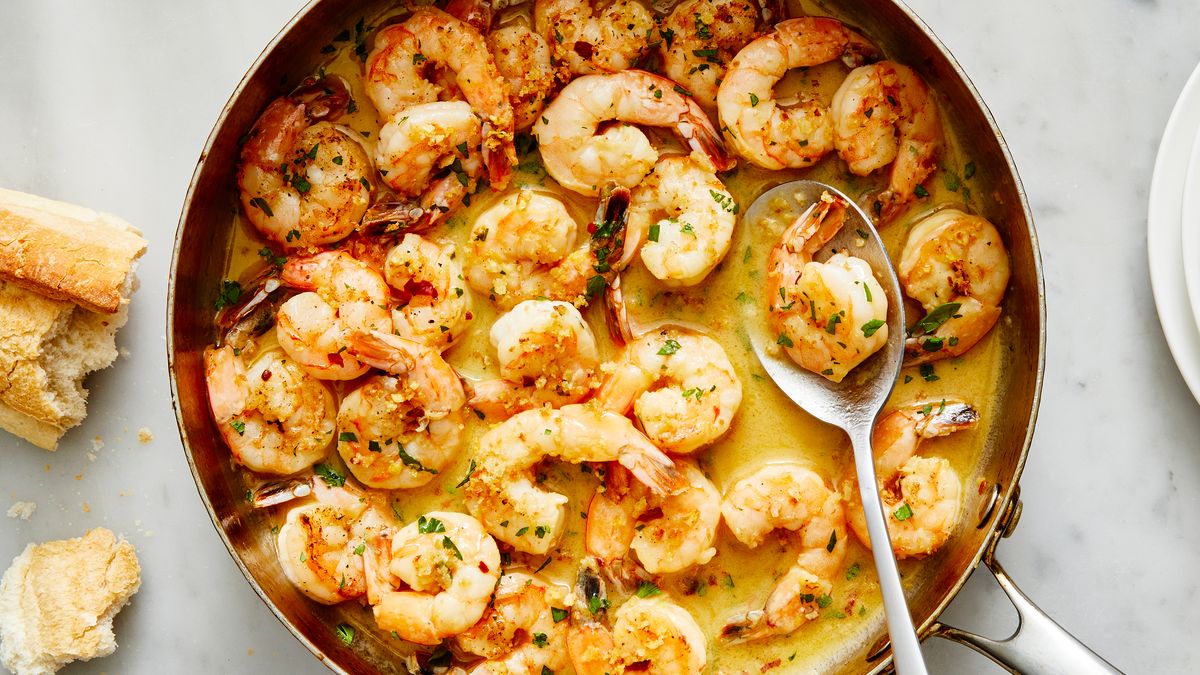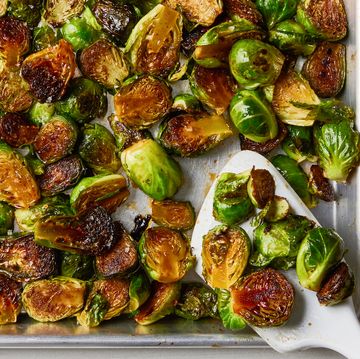Hey Ladies, can't make it through the day without that cuppa
joe? How about those five cups-a-joe? Don't let co-workers deter you on
your
way to the office kitchen. Your penchant for the daily grind could be
protecting you from more than drowsiness. A recent study has shown that
heavy coffee drinkers have a
lower risk of developing breast cancer.
More from Delish: 5 Ways to Upgrade Your Homemade Coffee
The study, published in BioMed Central's Breast Cancer
Research, took 5,929 postmenopausal Swedish women aged 50 to 74 and compared
the coffee consumption of those with breast cancer to that of those without. They
found that those who drank five or more cups of coffee a day were .43 times
less likely of developing estrogen receptor-negative breast cancer. These
results were found after other lifestyle differences such as weight and exercise
had been accounted for. Researchers theorize that coffee raises blood levels of
enterolactone, a phytochemical associated with a lower risk of ER-negative
breast cancer. But nothing has been proven without a doubt as of yet. Science Daily reports that the study's
researchers from Karolinska Institute explained that, "there is often
conflicting information about the beneficial effects of coffee - when we
compared our results to that of a German study we discovered that their data
showed the same trend, but the relationship was much weaker. We suggest that
this may have something to do with the way the coffee was prepared, or the type
of bean preferred." In Sweden, coffee is boiled rather than drip-filtered
as it is in other European countries. Boiled coffee, as well as French press
coffee, contains more fatty acids than filtered, which could help to explain the
disparities between the studies. Without consistent results, the researchers
concluded that while it was clear that coffee helped prevent ER-negative breast
cancer, the reason why or how this happens could not be determined.
More from Delish: 16 Perked-Up Recipes
This is not the first time that research has found coffee to
be beneficial to people's health. Previous research has suggested that coffee
could help fend off heart disease, asthma, gallstones, Parkinson's, liver
cancer and type 2 diabetes. Coffee is chockfull of helpful antioxidants. It
also contains magnesium and chromium, which help in blood-sugar regulation. For
the most part these studies have focused on caffeinate coffee, but decaf also
contains some of regular coffee's natural benefits. Of course, coffee
consumption isn't all rainbows and healthy living. There are some drawbacks
including headaches from withdrawal, cafestol, which can increase bad
cholesterol levels, and it is not recommended in large quantities for women who
are pregnant or nursing.
So fire up the coffee grinder and put the kettle on. Isn't it
about time for a coffee break?













